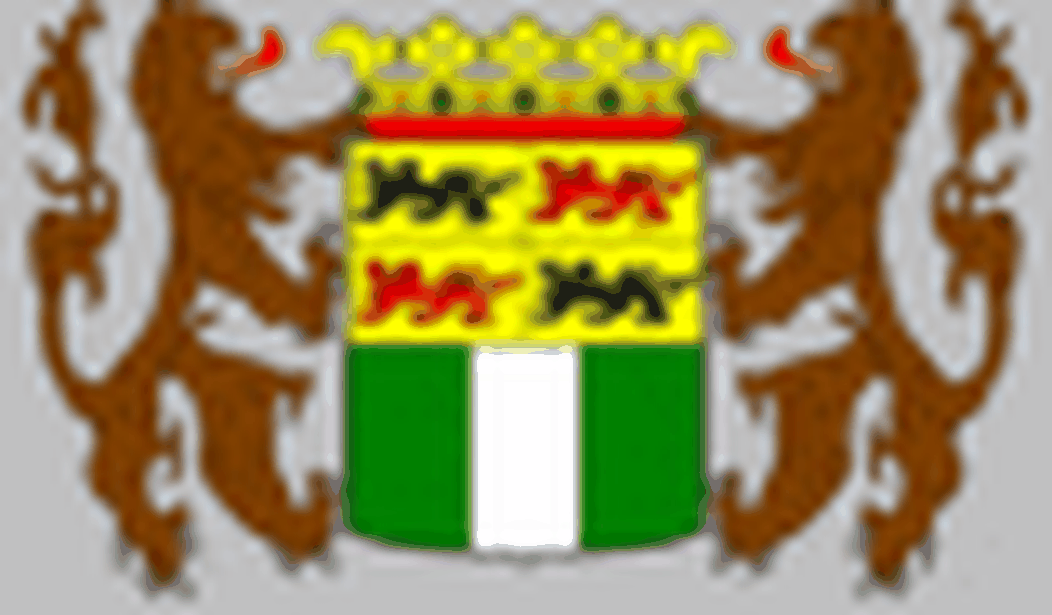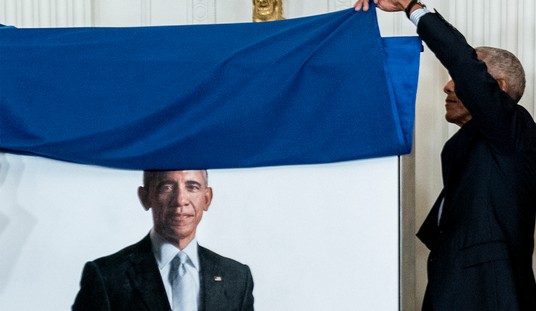Getting jumped by six Moroccans after I left a gay bar in Rotterdam a few weeks ago brought home — with brutal clarity — my feeling that this Dutch port city is a nervous place on the verge of breakdown.
Having studied in two European countries, lived and worked in three, and visited about two dozen over a 20-year period, I usually feel extremely safe meandering around the “old countries” of our Western civilization. But there’s something rotten in Rot-town.
The city has been hard hit by the economic crisis. Unemployment is already twice the national average and over the next year could match the 20 percent rate of the 90s downturn.
But economics only partially explains why Rotterdam may see blood in the streets this summer.
Rotterdam’s demographics make it the unofficial capital of Eurabia. Its population is half non-Western or of non-Western descent. Muslims make up close to 25 percent of its population. Unskilled, undereducated, and increasingly unemployed workers abound. And segregation — ubiquitous in all large European cities — is extremely acute here. Rotterdam’s ghettos would make Hitler smile.
In the last few weeks, I’ve witnessed two violent incidents in downtown Rotterdam between whites and non-whites. Each started over absolutely nothing, but flared up like lighter fluid on hot coals. All sorts of racial and religious tensions — which were only intensified by the 2002 murder of city leader Pim Fortuyn and the 2004 murder of filmmaker Theo Van Gogh — fog the streets of this working-class shipping town.
Everyone here walks around with a hair trigger. On a recent Sunday, a Moroccan man and his girlfriend walked past a group — including myself — that was smoking outside a gay bar. One Dutch gay man was briefly in the way of the girlfriend. The Moroccan spat on him. A brawl ensued. I kept my distance. Some of us, and the Moroccan, ran around the corner. I heard awful screams.
An hour later, one of the gay men returned with a torn shirt and a stab wound. The Moroccan had run into a kebab shop yelling, and about a dozen Moroccans came out and attacked the gays with knives. The stab victim also had a long knife cut along his neck — slightly more pressure would have severed a major artery. The barman was nervous, fearing the Moroccans would return looking for trouble.
This was, in fact, the bar where I was attacked a week later by about six Moroccan youths:
“Are you British?”
“No, American.”
“We hate America!”
“So?” One of the Moroccans pushed me. “Look man, I’m a Puerto Rican from New York.”
“You are American. We hate America, Bush. Are you gay?”
“None of your f***ing business.” I was then kicked and pushed to the floor. Kicked again. I grabbed the attacker’s foot and managed to pull him to the ground before another blow.
Then someone from the second floor of the building yelled and threw something at them. They scattered.
To some degree, I sympathize. Moroccans have been marginalized here, grown up not feeling “Dutch” despite having been here for several generations. They live in horrible ghettos. But what’s peculiar — for someone who grew up in a New York ghetto — is that the ghettos in Rotterdam and other European cities are of Muslims’ own making. Most prefer not to leave, and those who might wish to are pressured to stay by community leaders who see these enclaves as Muslim territory. In America, ghettos are a legacy of Jim Crow and “relining” rules. I’m not aware of any Dutch or European equivalent.
American blacks have legitimate grievances owing to the legacy of slavery, institutional discrimination, and gross police brutality. I was one of six kids of a single mother and grew up on welfare, eating government cheese and living on food stamps. But the first desire of people in my New York neighborhood was simply to get out — as fast as they could.
Being on welfare, living on handouts, and leading “a borrowed life,” as my mom put it, was seen as humiliating and demeaning. A sign of failure.
By contrast, because of the generosity and humanity of the Dutch welfare system — and the “sensitivity” of police and Dutch officials to Islam — I’m at an utter loss to understand why Muslim immigrants hold Dutch society in such brazen contempt. Surely life here is far better than in the places they came from. Yet few seem even remotely grateful. And being grateful means — among other things — following the rules, getting a job, learning the language, and accepting the values.
The current mayor of Rotterdam, Ahmed Aboutaleb, who is of Moroccan descent and is a practicing Muslim, is proving not to be the right leader for these times. Rotterdam, like New York in the late 80s and early 90s, is unmanageable. The last thing it needs now is another apologist for the worst behavior by his fellow Muslims. Some people, especially liberals, like to speak of Aboutaleb as a potential European Obama. For me, Aboutaleb most resembles David Dinkins, mayor of New York from 1990 to 1993. How horrible New York was back then! Dinkins presided during the pogrom in Crown Heights: Jews were beaten, stores looted, and cars and homes burned by young angry blacks. Brooklyn burned for three days before Dinkins finally called in the police to keep the peace.
Rotterdam needs a Dutch politician who stresses law and order and quality of life, the way Rudy Giuliani did in New York. Astonishingly, Aboutaleb refuses even to give up his Moroccan passport.
And last year, local leaders found time to cozy up to terrorists abroad. Left-wing parties on the Rotterdam city council expressed their solidarity with Hamas, proposing a partnership with Gaza to make it a “sister city.”
This angers working-class white friends of mine, who admire Geert Wilders. These aren’t jack-booted, shaved-head racists — these are people who have given me shelter. These are people who have taken me, an openly gay Hispanic, all over the Netherlands as their guest so that I may learn more about this country I adore. They’re what we call “good people” back in Brooklyn, and they’re responding to Wilders.
My sympathy for the young Dutch Muslims then only goes so far. My parents were born in Puerto Rico. My mother insisted we not speak Spanish at home, and she refused to enroll us in bilingual education programs. We embraced American values in return for a share of the American dream. That Muslim immigrants here don’t aspire to become Dutch — and live according to Dutch rules and values — shocks me.
The largest and oldest free-world music festival in the Netherlands, the Ortel Dunya, takes place in Rotterdam. When I attended recently, I saw diverse crowds of people smiling in the sun. Yet no one here can forget that scarcely a month ago, violence between whites and non-whites ruined the Liberation Day Festival in the Zalmhaven area. Dutch police actually fired their guns — extremely rare among European police. As the summer unfolds, I wonder how the many other festivals in Rotterdam will end: with the ease and brilliance of the Ortel Dunya or with the violence and mess of Liberation Day?
Can a whole week go by during my stay here before I witness — or again become the victim of — more race- and Islamic-fueled brutality?









Join the conversation as a VIP Member